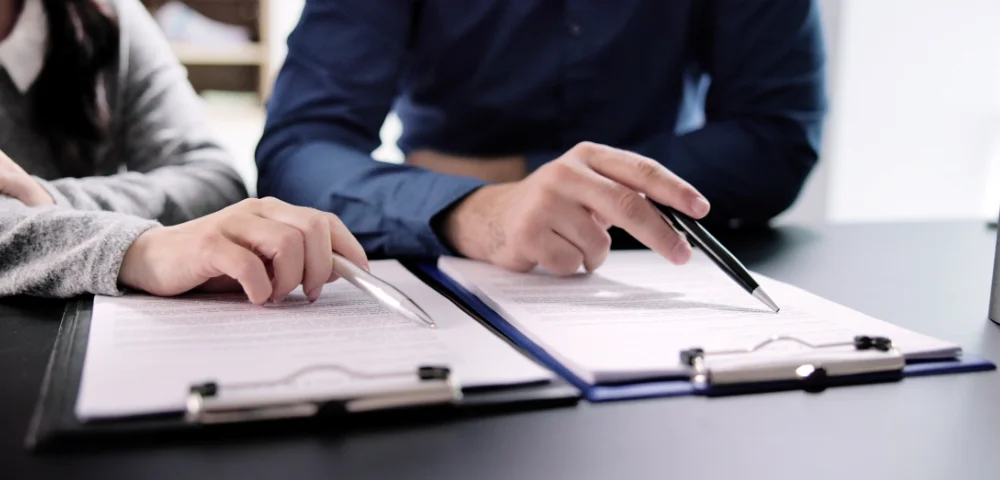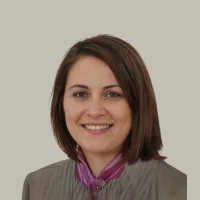Controlled clinical trials are the highest level of clinical research and are very helpful in giving insight into the effectiveness of different interventions.
- Home
- Insights
- Understanding Editorial Standards on Plagiarism
Understanding Editorial Standards on Plagiarism
Understanding Editorial Standards on Plagiarism


Dr.Nanci | Research design and Mixed Methods Research.
24 Jan, 2025

Dr.Nanci | Research design and Mixed Methods Research. 19 Jan, 2025
Understanding Editorial Standards on Plagiarism
Scientific publishers play a crucial role in maintaining the integrity of academic journals. To tackle the growing issue of fake papers, publishers must provide robust tools, training, and resources for editors and reviewers [1]. By leveraging advanced technology and fostering cultural change, the scientific community can ensure a higher standard of research integrity.
Defining Plagiarism in Editorial Policies
1. COPE's Core Practices
- Clear Definitions: The Committee on Publication Ethics (COPE) stresses the importance of defining plagiarism explicitly in editorial guidelines [2].
- Author Accountability: All authors must be held fully responsible for plagiarism-related misconduct.
- Investigative Measures: Editors should contact co-authors and relevant authorities if plagiarism is suspected.
2. Addressing Overlapping and Redundant Content
- Authors should be advised on the proper reuse of previously published material to prevent unintentional overlap [3].
- Journals are encouraged to use plagiarism detection tools to identify duplication.
CSE's Ethical Framework for Publication
1. Classification of Plagiarism
Sharing blacklists of suspicious authors across publishers and journals could effectively prevent fraudulent authors from switching venues to avoid detection. However, challenges such as data protection, fairness, and political correctness must be addressed before implementing such databases [4].
Cultural Changes Needed to Combat Fake Papers
1. Retractions as a Positive Step
2. Broader Misconduct
- Types of Misconduct: Plagiarism, falsification, and fabrication are categorized as serious ethical breaches [5].
- Preventive Measures: Authors must credit original sources accurately, and editors should be equipped with advanced detection software.
Begin Your Clinical Research Journey With Us!
Begin Your Clinical Research Journey With Us!
WAME's Perspective on Plagiarism and Self-Plagiarism
1. Strong Stance Against Plagiarism
- The World Association of Medical Editors (WAME) takes a firm position against both published and unpublished plagiarism [6].
- It encourages editors to address plagiarism comprehensively and transparently.
2. Distinction for Self-Plagiarism
Figure 1: Editorial Guidance on Plagiarism: Upholding Research Integrity
Contact Pubrica Academy to learn more about our services and how we can help you maintain the highest standards of academic publishing
We offer the expertise, knowledge, and comprehensive support your Clinical research and publication needs.
How Pubrica Academy Supports Ethical Publishing
At Pubrica Academy, we assist researchers and editors in maintaining high ethical standards in academic publishing:
- Training Programs: Workshops and resources to educate researchers on proper citation practices and avoiding plagiarism.
- Detection Tools: Access to advanced software to identify duplicated content effectively.
- Editorial Guidance: Tailored consultations to establish clear plagiarism policies for journals.
Conclusion: Strengthening Research Integrity
By adhering to the guidelines provided by COPE, CSE, and WAME, and leveraging advanced tools for plagiarism detection, the scientific community can uphold the integrity of research. At Pubrica Academy, we are committed to promoting ethical publishing practices and providing the support necessary to combat plagiarism effectively.
